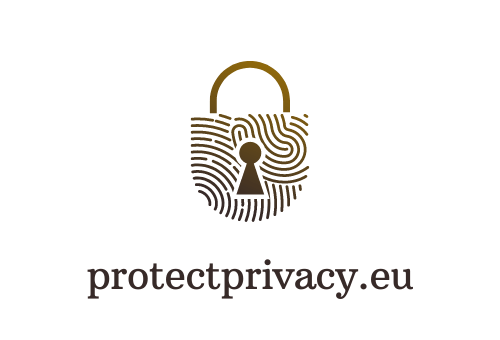Privacy Protection Laws – European Union vs the USA

In the digital age, privacy has become a pressing concern for individuals and organizations alike. Governments around the world have recognized this and enacted privacy protection laws to safeguard the personal information of their citizens. In this article, we will compare and contrast the privacy protection laws in the United States and European Union.
California Consumer Privacy Act (CCPA)
The United States has several laws that govern privacy protection, including the Health Insurance Portability and Accountability Act (HIPAA), the Children’s Online Privacy Protection Act (COPPA), and the Gramm-Leach-Bliley Act (GLBA). However, the most significant privacy protection law in the United States is the California Consumer Privacy Act (CCPA), which came into effect in 2020.
The CCPA gives Californians the right to know what personal information is being collected about them, who it is being shared with, and the right to request that the information be deleted. It also requires companies to disclose the categories of personal information they collect and to give individuals the opportunity to opt out of having their information sold to third parties.

General Data Protection Regulation (GDPR)
In contrast, the European Union has enacted the General Data Protection Regulation (GDPR), which is widely considered to be the most comprehensive privacy protection law in the world. The GDPR came into effect in 2018 and applies to all companies operating within the EU or offering goods and services to EU citizens.
The GDPR gives individuals the right to access their personal data, the right to have it deleted, and the right to object to the processing of their data. It also requires companies to obtain explicit consent before collecting and processing personal data and to notify individuals in the event of a data breach.
Different Approaches to Privacy Protection Laws
One of the key differences between the privacy protection laws in the United States and the European Union is the approach to enforcement. In the United States, enforcement is typically handled by regulatory bodies such as the Federal Trade Commission (FTC) or the Department of Health and Human Services (HHS). In contrast, the GDPR has established a new regulatory body called the European Data Protection Board (EDPB), which has the power to issue fines of up to 4% of a company’s global revenue for violations of the regulation.
Another difference is the scope of the laws. The CCPA only applies to California residents, while the GDPR applies to all individuals within the EU, regardless of their citizenship or residency. This means that companies operating within the EU must comply with the GDPR, even if they are based outside of the EU.
In conclusion, while both the United States and European Union have enacted privacy protection laws, the GDPR is widely considered to be the more comprehensive and far-reaching of the two. The GDPR gives individuals more control over their personal data and has established a strong enforcement mechanism to ensure compliance. While the CCPA is an important step forward for privacy protection in the United States, it still lags behind the GDPR in terms of scope and enforcement.







